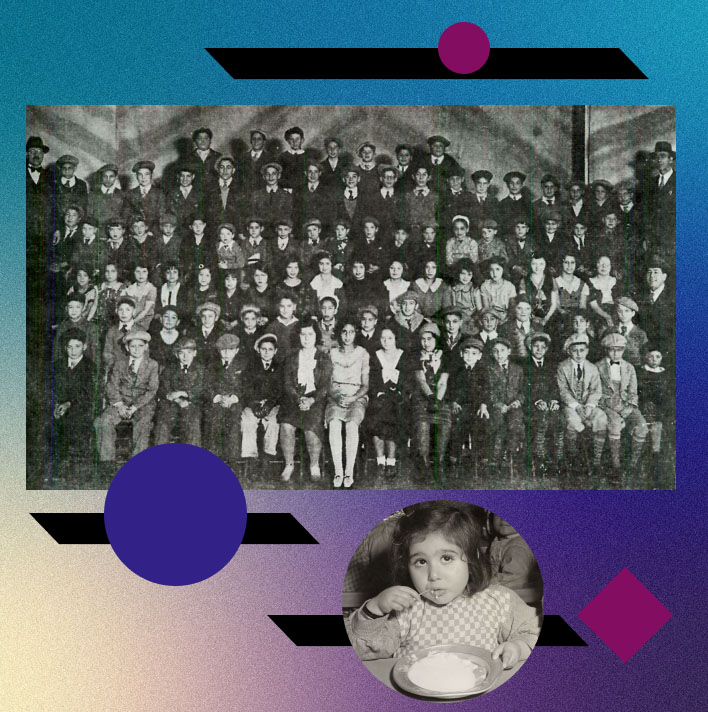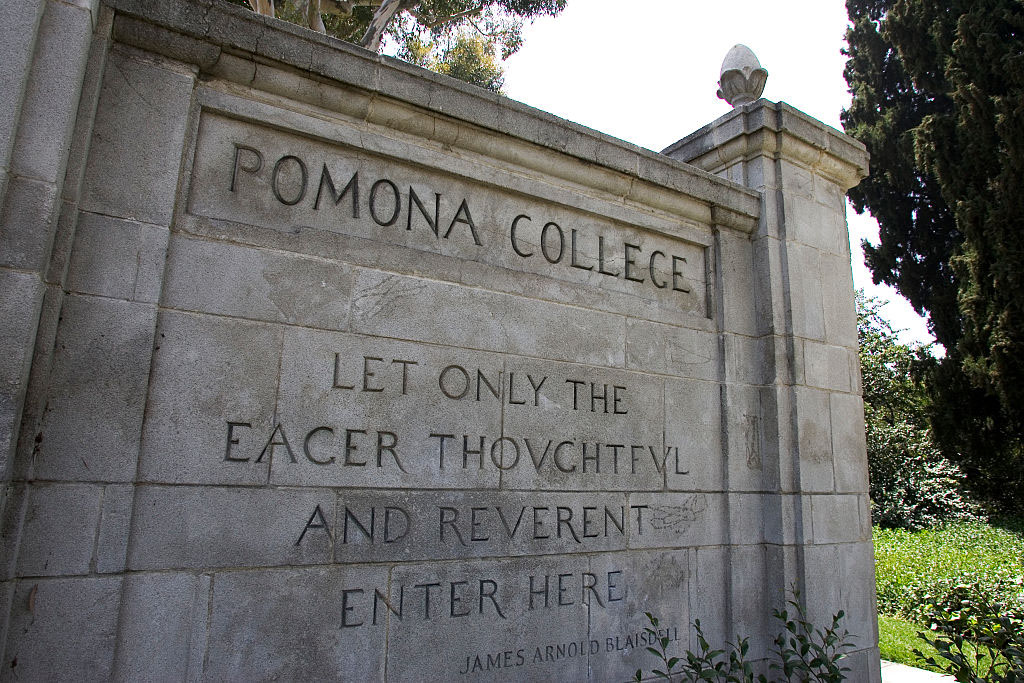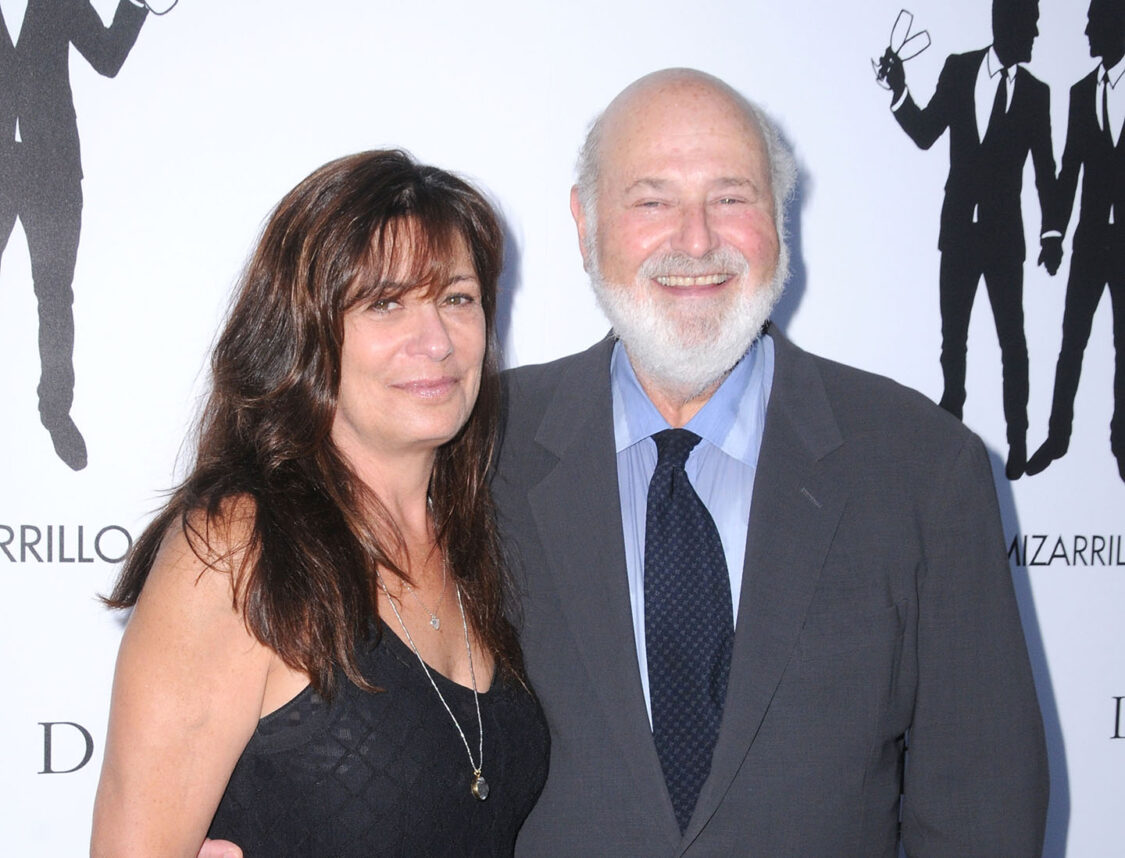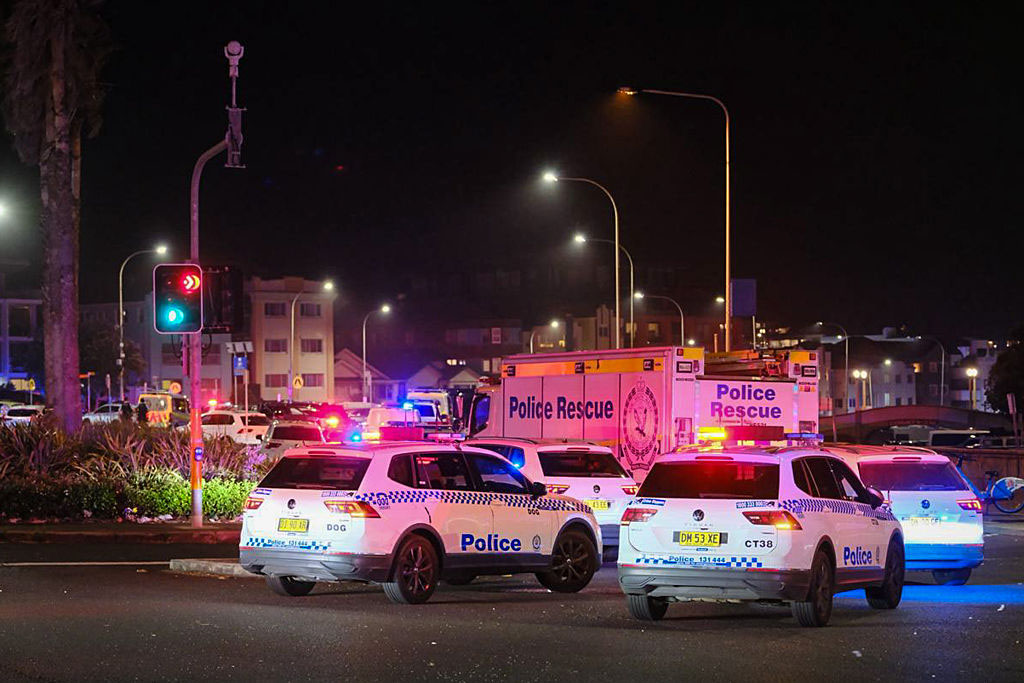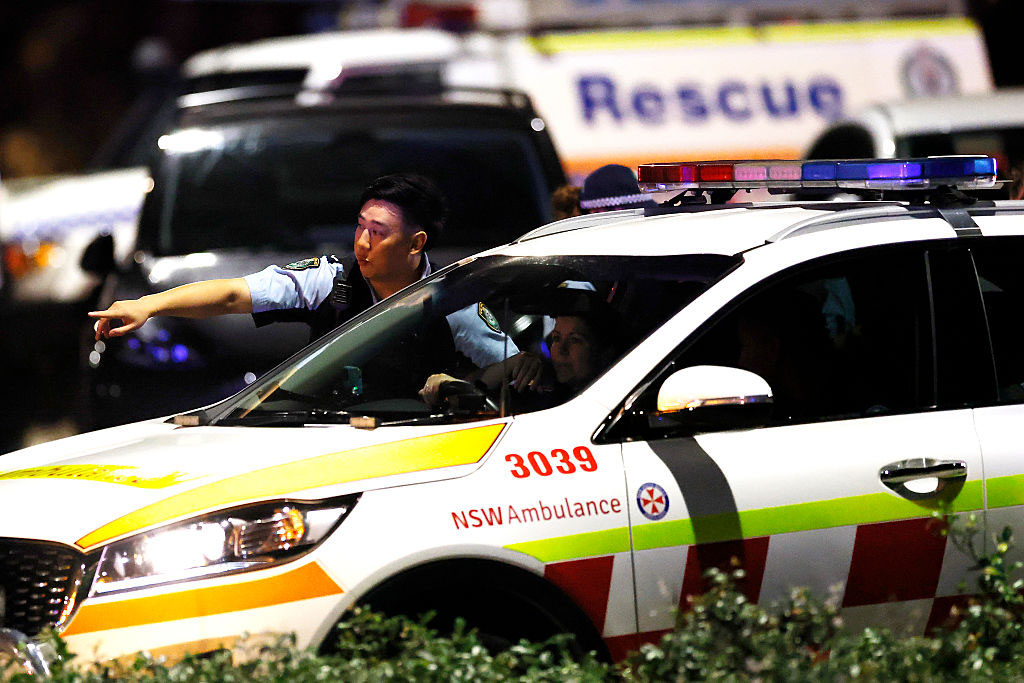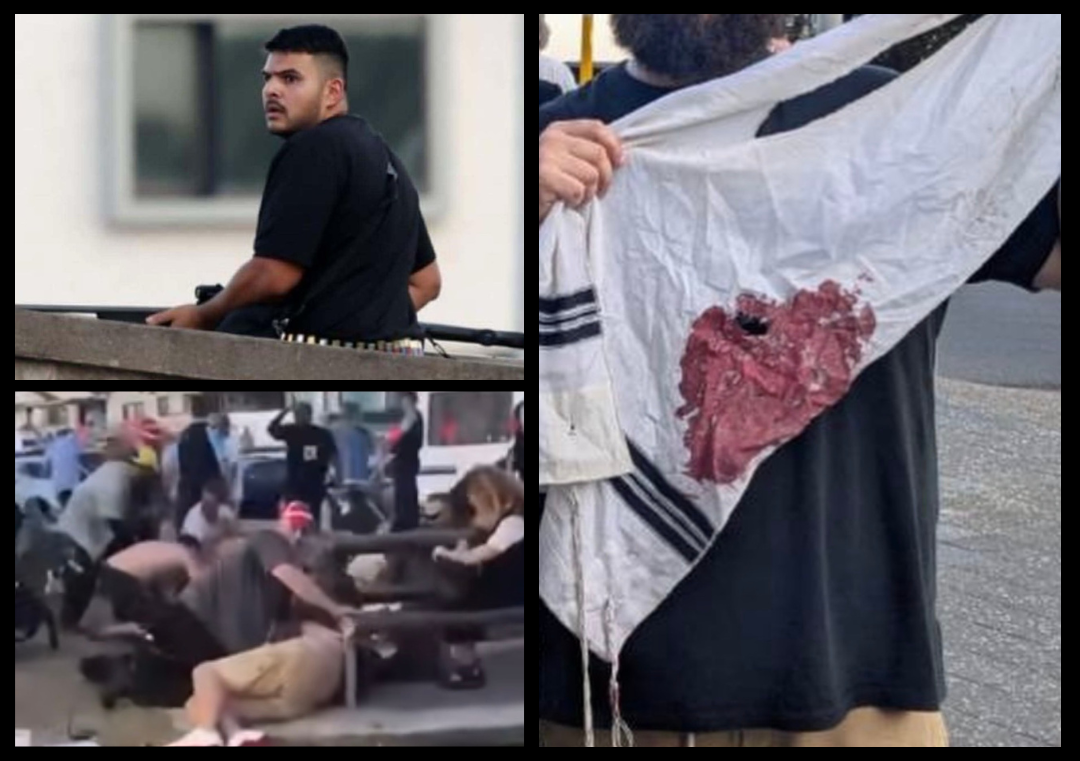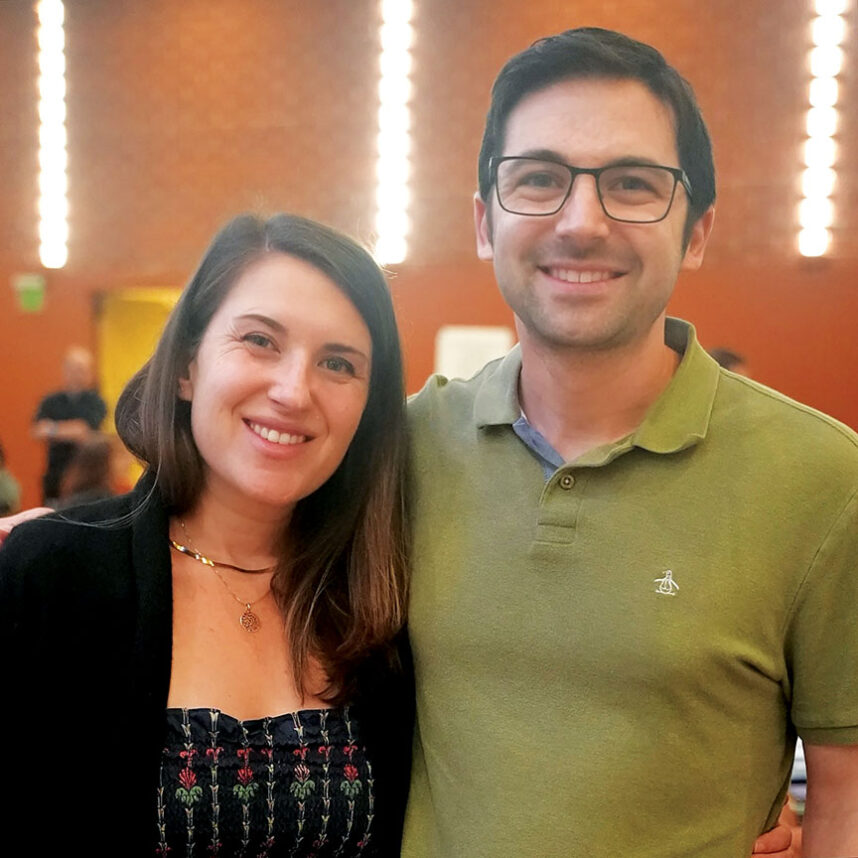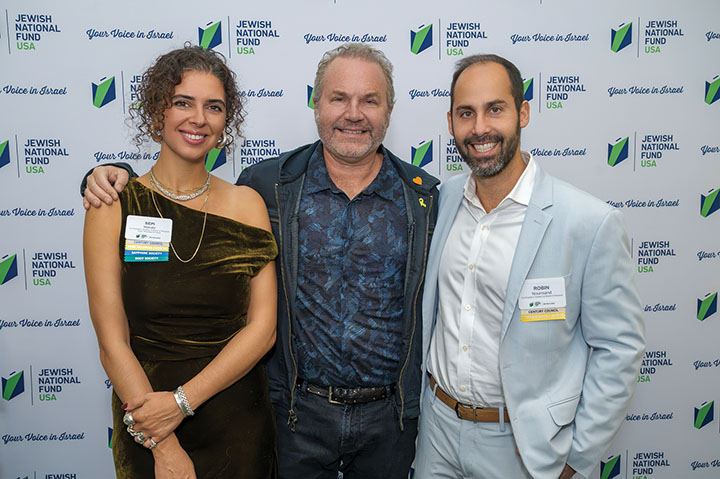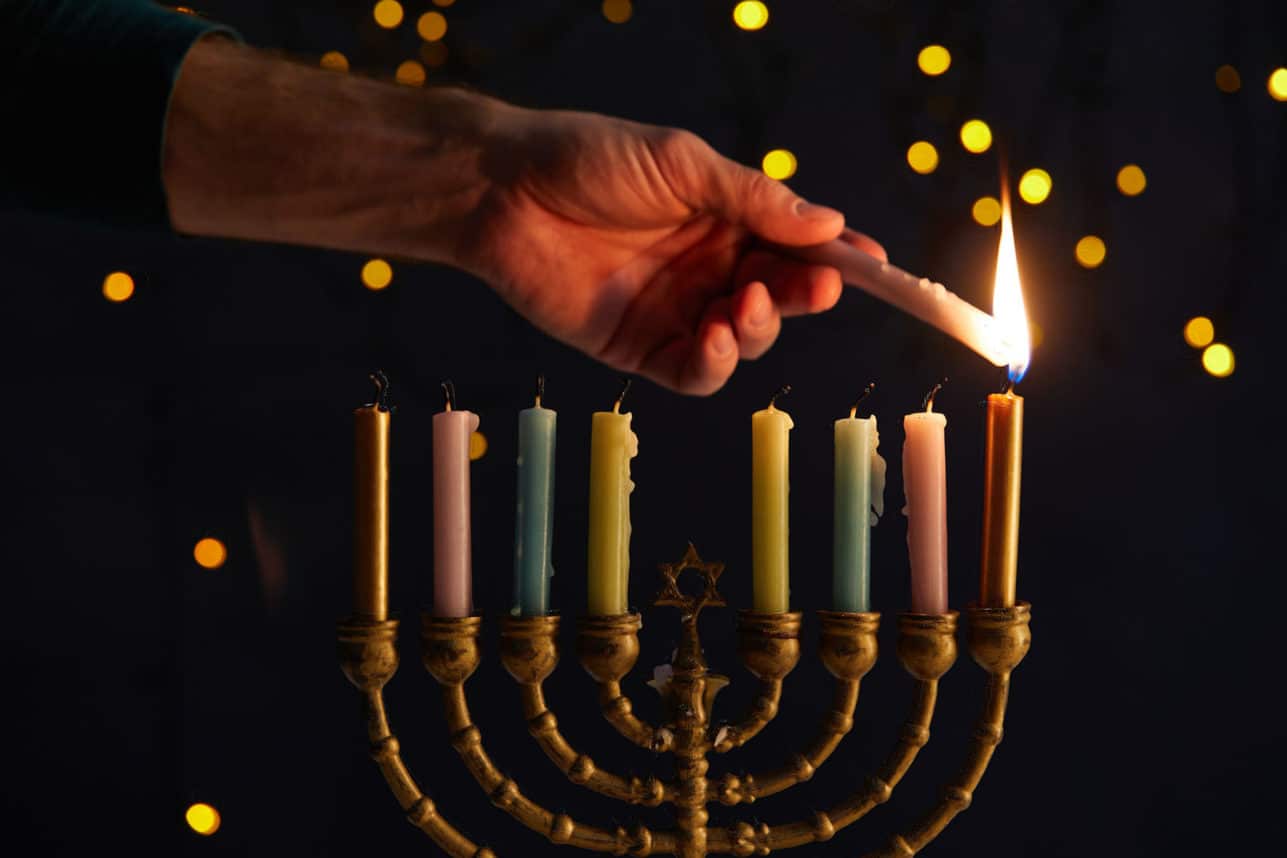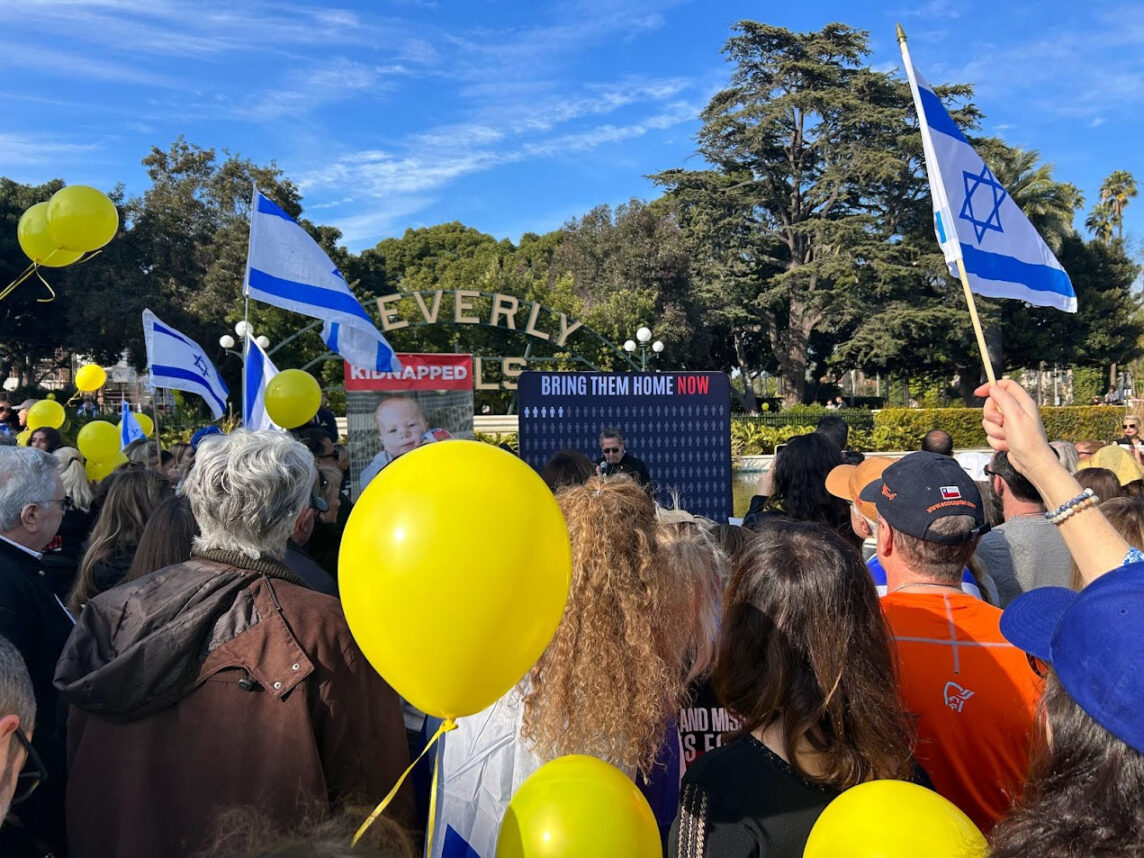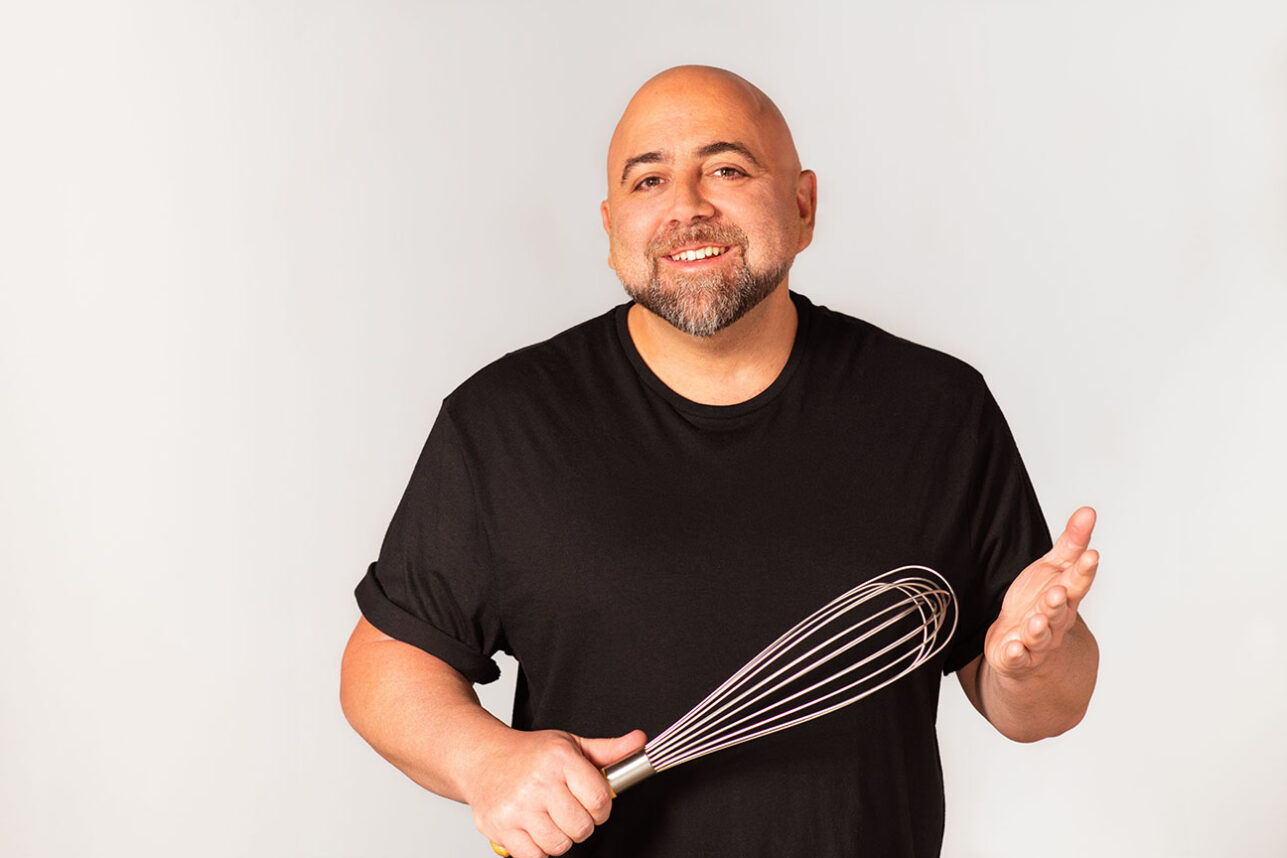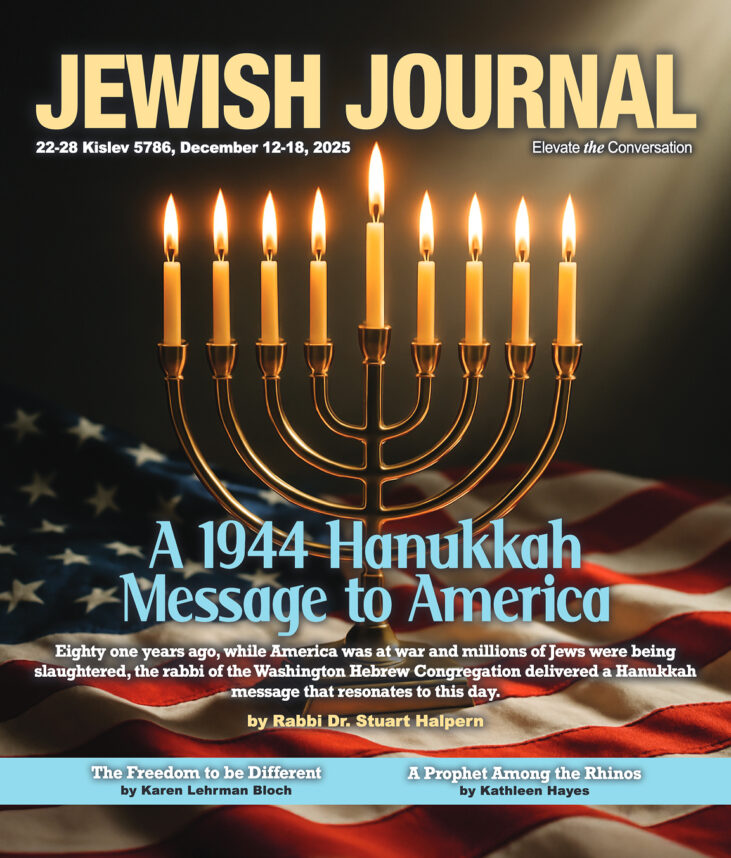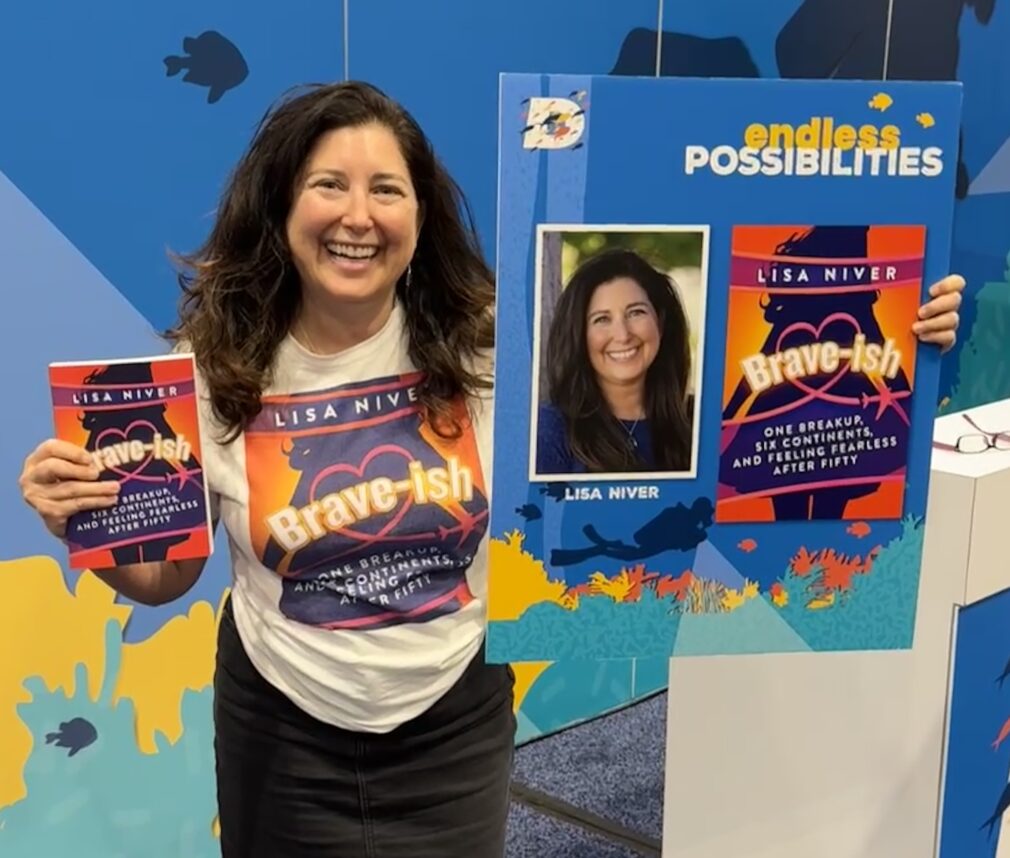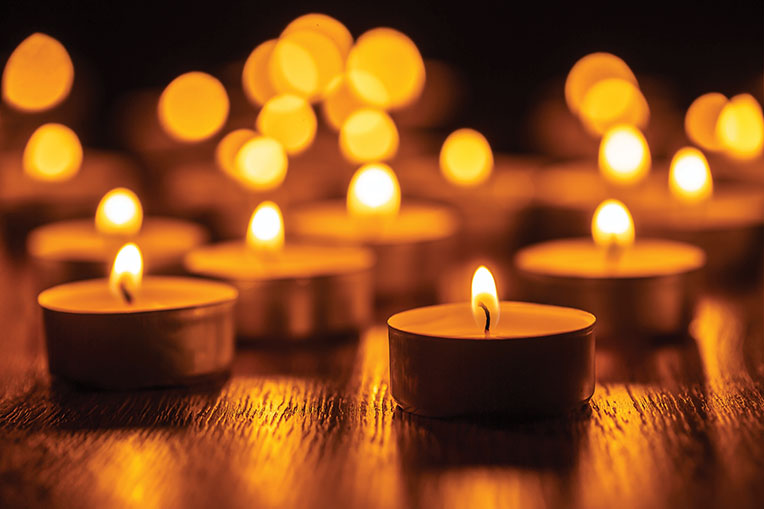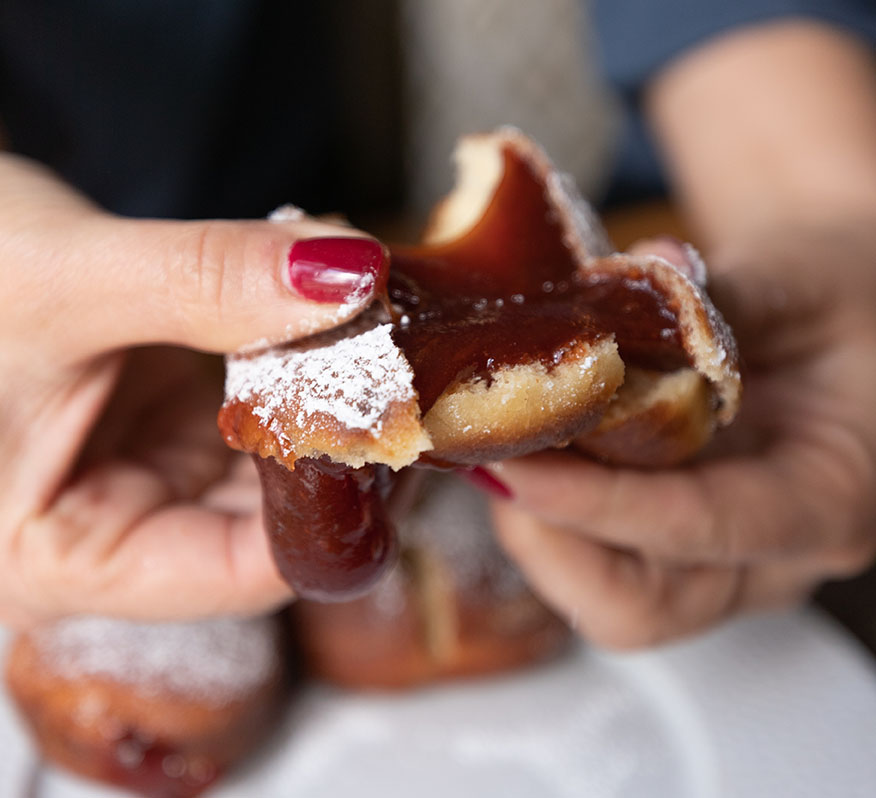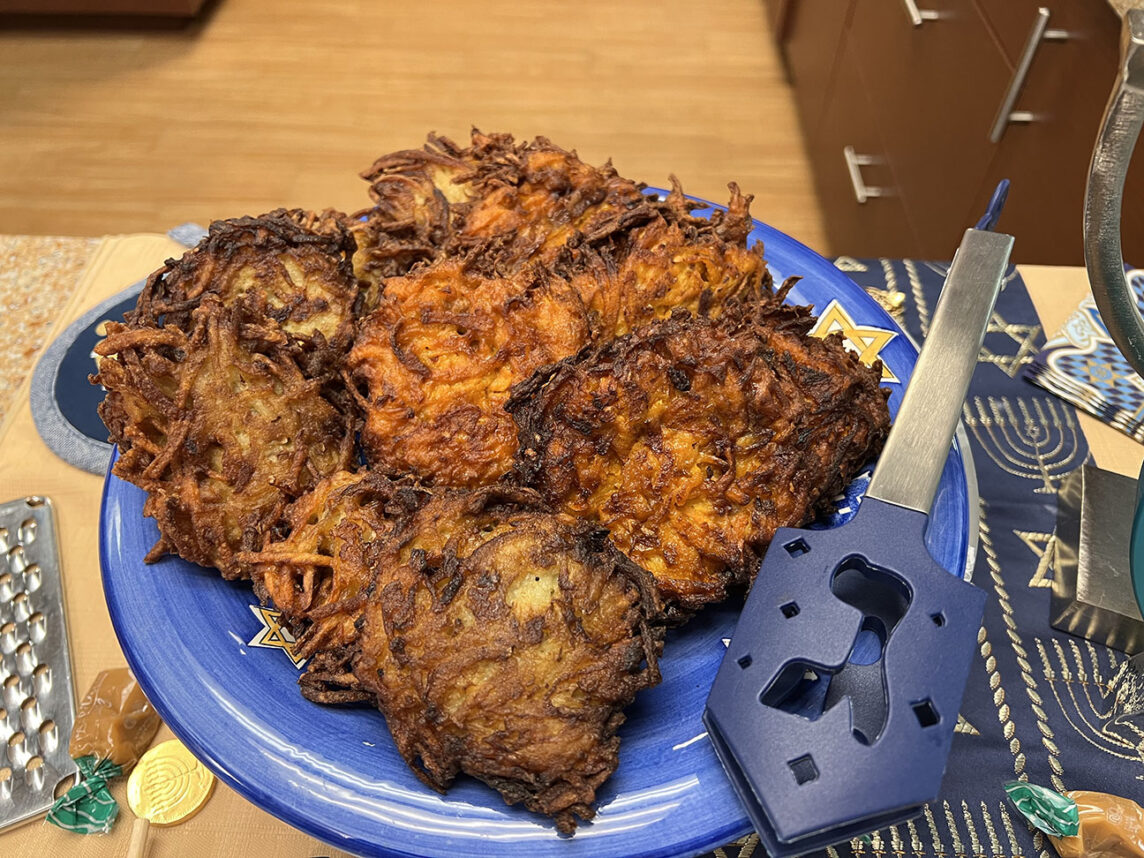Summer 2002
It starts as a trickle.
My oldest child, Becca, 12, is going into seventh grade. An invitation arrives from a boy at her new school. He doesn’t know Becca, nor she him, but in a kind gesture he has invited her — and everyone else in their class — to his bar mitzvah.
In the next 14 months, Becca, my wife, Ellie, and I will be invited to 55 more.
The Los Angeles bar mitzvah is a sitting duck. Wild tales of gross excess put fear, disgust and embarrassment into the heart of every Jewish parent I know.
Yet, among my crowd, there are three main concerns: 1 — That the religious significance be kept central and approached with dignity and respect; 2 — That the party is appropriate and affordable (“After all,” people say, “it’s not a wedding!”); 3 — That none of their children have any part of this generation’s supposed gift of choice (ask anyone with a child this age, they’ve heard the rumor. Trust me.).
Fall 2002
Becca settles into her new school. Now she actually knows the kids whose bar and bat mitzvahs she’s going to. Invitations come from her old friends, too.
Ellie and I — and also our younger kids — keep getting invited, too. It’s lovely to be included. We carefully find nice gifts, trying to figure out what each child would like.
The last time I’d been on the circuit was 1971-72 in suburban Boston. Even then — and even there — the main concern was “more mitzvah and less bar.” Back then, the gift of choice was a clock radio. We hit many temples.
Everyone seems to demand a lot of their b’nai mitzvah. The kids have been to religious school for at least two years. They lead a great deal of the service.
Their Torah readings are long. They give thoughtful and intelligent speeches. They’ve taken on mitzvah projects.
Each rabbi seems to know the child. And every parent gives a speech in which they express their pride and love.
A friend sadly reports that her son went to “one of those bar mitzvahs.” Everyone nods knowingly.
“Those” is code for ostentatious, tacky, over the top. Indeed, even in Los Angeles, conspicuous consumption is looked down upon as a sign of insecurity and sacrilege.
Sure, everything’s relative (professional lighting is fine; grand entrances on quadrapeds disdained), but “those” are like pornography — difficult to define, but you know it when you see it.
Notes on montages: A child’s smile never changes.
The circuit is a great way for kids to adjust to middle school: a weekly party where they get to see old friends and bond with new ones, all under parental supervision.
Must be strange for the non-Jewish kids, though. What do they make of this? (Note to self: Remind kids that Los Angeles is weird; everyone only seems to be Jewish.)
The girls are, on average, a head taller than the boys.
Winter 2003
Picking up steam.
A DJ gets everyone doing the hora, and before it’s done, “Hava Nagila” segues into Aretha Franklin’s “Think.” Everyone — kids, parents, grandparents — moves to the left, moves to the right, wiggles their hips, waves their arms.
Some are naturals. Many others, like me, kick up their feet when they’re supposed to stick out their thumb or move left when they’re supposed to step back.
Candlelightings.
The bar mitzvah child reads a rhyming couplet honoring someone, and as the person rises to light one of 13 candles, the DJ plays appropriate music: “I’ll Be There for You” (friends), “New York, New York” (cousins from the tri-state area) and, of course, “Unforgettable” (guess).
Notes on montages: A man can lose an entire head of hair in 13 years.
Becca’s bat mitzvah.
Incredible. Laughter, tears, love, pride, l’dor v’dor, etc.
The next week, another bar mitzvah. An old friend. Then a close friend. A friend from camp. At temples, hotels, soundstages, boats.
As a kid, I was warned that Jews can never get too comfortable. After all, the Nazis killed anyone with any Jewish blood.
Well, the joke is on the Nazis, because in 21st century Los Angeles, it seems anyone with any Jewish blood has a bar mitzvah. Good, I guess, for the Jews. But it means that at many bar mitzvahs, there is that table full of, say, Methodist cousins from Kansas who look like they just landed on Mars.
Early Spring 2003
They’re coming thick and fast.
Caterers, photographers, DJs make repeat appearances. More people can do the “Think” dance; I feel like I’m in a movie about a team that can’t do anything right but pulls it out for the big game. This is the scene where everyone gets it right except me.
The fish bowls we used for Becca’s centerpieces (we filled them with flowers and rubber ducks) make their second appearance, this time filled with candy. No one notices, and if anyone does, no one cares.
We can’t remember who we’ve given presents to. We have no time to shop for each kid separately.
I can’t remember multiples of 18. I’m in a hurry, and I’m irritated at the salesgirl at The Wherehouse who peppers me with questions about why I’m buying gift cards (10 of them) in a weird amount like $36.
Hello? Like, welcome to Los Angeles (and I may have to take out a second mortgage to pay for all these things).
Notes on montages: Has every Jewish family in Los Angeles been to Hawaii?
My younger kids beg us to not have to go to another bar mitzvah.
Coming up: A bar mitzvah and a bat mitzvah — different kids, different temples, same school, same day. One mom makes a preemptive strike by sending out invitations months in advance.
Late Spring 2003
One a weekend, sometimes two or three. Another personalized yarmulke in my breast pocket and I’ll need a bra.
The “Think” dance. I feel like I’m in a long-running musical.
The fishbowls make their third centerpiece appearance, this time in Agoura. No one notices, so the hostess points it out. (This is “beating the system” in 2003, far more impressive than conspicuous consumption.)
A double-header. L.A. in the morning, Calabasas at night. Speeding up the 101, I notice food encrusted on my suit.
Have lost track of which invitations we’ve responded to. Most people on the circuit understand this problem.
The mom who made the preemptive strike calls: “Is Becca coming? You only have one week to respond.” (Not one week before the bat mitzvah — one week before the response card is due.)
More candlelightings. Endless. The crowd — except for the Kansans who seem charmed — gets antsy around candle five.
Another Saturday, another bar mitzvah, another kid hoisted onto a chair. Everyone applauds. One dad — a circuit regular — moans, “I can’t take it anymore.”
And then, up pops the boy who spontaneously announces he’s proud to be a Jew; the mom who tearfully tells her daughter how hard it was for her to get pregnant with her and how blessed she feels; the dad who tells his daughter why he’d hated his own father (now deceased) and how he has tried to be a better father to his own kids; the girl with learning disabilities who aces her Torah portion; the Hispanic nanny who tells the crowd that no one ever told her they loved her until she came to work for this family; and the boy who thanks his parents for adopting him 13 years ago.
Love and spirituality are alive and well in Los Angeles.
The preemptive mom calls again. She is testy. “You only have 48 hours left to respond!” We call in 72 hours (tee-hee).
Summer 2003
The slow season. Two or three bar mitzvahs. Yet I wonder: Is it a Jewish law that everyone has to serve a salad with gorgonzola, pears and candied pecans?
Fall 2003
Eighth grade. The last few.
The turnout is good. I can do the “Think” dance. The boys are now as big as the girls. Some are my size. And they’re getting antsy. At one of the last services, one mom is fighting a losing battle trying to shut them up. (What’s her problem? At least those rumors about “that special gift” have proven untrue.)
By Thanksgiving, it’s over. It’s like a dream or the chicken pox. You know it happened, but there’s little evidence.
Yet we’re different. And while these 14-year-olds aren’t adults, they’re not kids anymore, either. They’re teenagers.
And we aren’t new, young parents. We’re real, live, middle-aged adults, with a generation coming up who can hardly imagine us young.
In the end, the circuit of 2002-03 wasn’t so different from the one of 1971-72, which is very reassuring. After all, every culture has its excesses, whether it’s the Hispanic quincenera or a lifetime of elaborate Christmases.
For American Jews, the bar mitzvah service is our religion and the parties our culture. It’s great to be a part of a community and wonderful to continue a tradition.
True, it’s not a wedding. But that’s the joy. As a parent, at a wedding you are handing your child off. Yet at a bar mitzvah, this rite that ushers a child into Jewish adulthood, you are celebrating your family while you still have them.
It is a joy to be able to get up in front of all your friends and family in a spiritual setting and say: “This is my child. And I love her.”
And at the dozens of bar or bat mitzvahs I went to, every parent got up and said just that. And that, after all, is something to celebrate.








